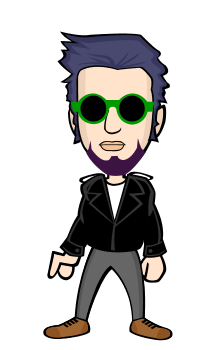
Ban electromagnetic stimulation from the bedroom.
Electromagnetic fields emitted by lights and anything with a screen interfere with the production of melatonin, Turner says. “If you have to have your alarm clock or mobile device in the bedroom, keep it at least three feet away from you, and dim your lights after dinner to prepare your body for the process of sleep,” she says.
Don’t rely on a sleep mask.
Even if your eyes are covered, in a light room your body is still on alert, detecting that it’s not completely dark. “Light interferes with melatonin production,” says Turner, who encourages sleeping in a completely dark room. Your skin has light-sensitive cells called photoreceptors, and the release of our ‘sleepy’ hormone, melatonin, is regulated by light: blocking it helps you sleep and basking in it helps you wake up. So, “open the blinds first thing in the morning because it triggers the reduction of melatonin,” says Turner.
Capitalize on helpful hormones.
Melatonin lowers the stress hormone cortisol, which can wake you up when elevated, and raises the ‘fountain of youth’ growth hormone, which is also produced when you exercise. The latter hormone “repairs your cells and reduces inflammation,” says Turner. Sleep also helps to keep appetite hormones check. “Sleep deprivation raises ghrelin [hungry] and lowers leptin [satiated],” says Turner, of our penchant for consuming extra calories when tired.
Get naked—or at least wear loose pajamas.
“You have to cool down when you sleep,” Turner says. “A warm room (over 21°C), extra blankets, warm or tight fitting clothing, and eating starchy carbohydrates too close to bedtime (three hours or less), raise your body temperature and interfere with the release of melatonin and growth hormone.”
Get in the mood.
“Use your bed for sleeping and sex only,” advises Turner. Multi-tasking (like scanning social media while responding to emails) stimulates dopamine, which is the hormone for motivation and drive. Single-tasking, however, like meditating, journaling or light reading, stimulates serotonin and helps you sleep. “You want to be dopamine dominant during the day and serotonin dominant at night,” Turner says. Create calming bedtime rituals that set the mood for sleep. For example, taking a hot bath, shower or sauna actually causes your body temperature to drop afterwards, which is ideal for sleep.



